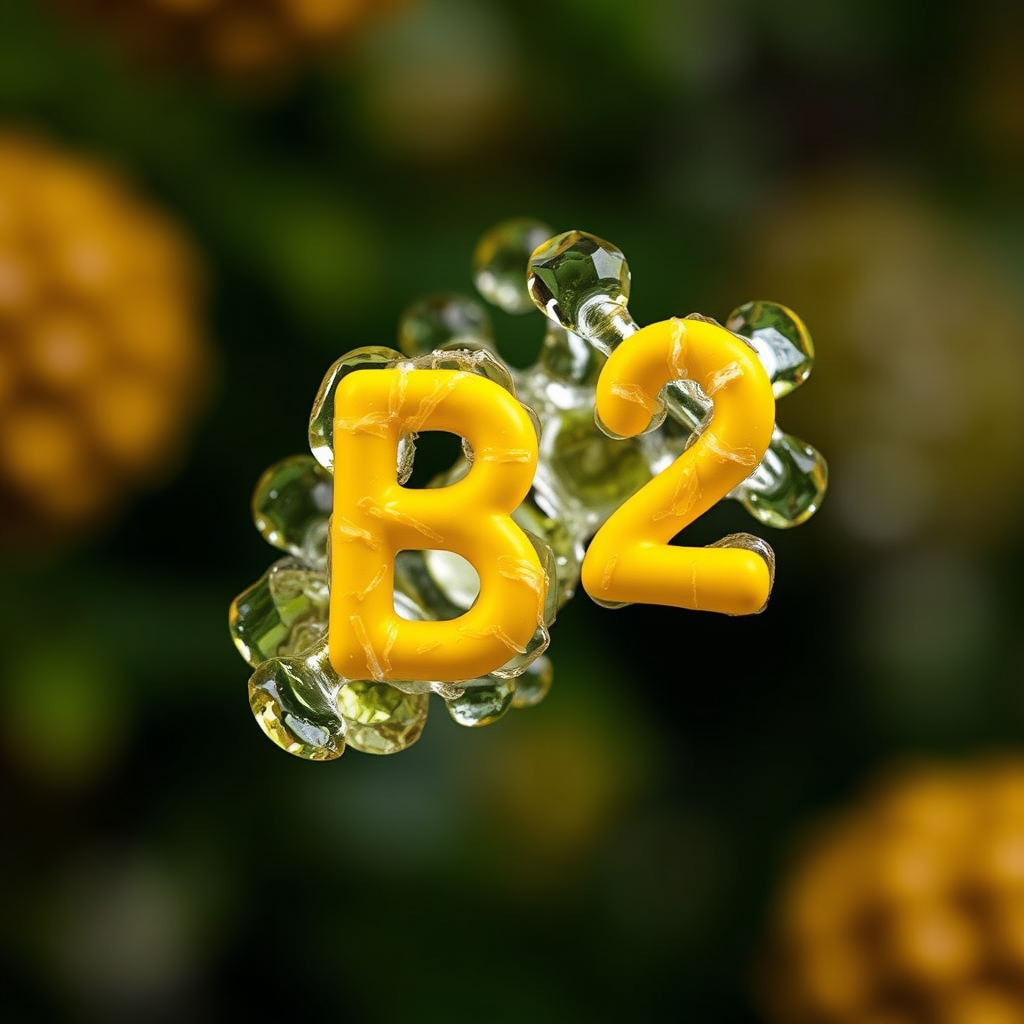Vitamin E – What it Can Do For Your Health
It is liposoluble and accumulates in the liver, adipose tissue, heart, muscles, testicles, uterus, blood and adrenal gland, and pituitary gland. Earlier it was measured by weight, but nowadays it is usually determined according to its biological activity in international units (i.u). With this vitamin 1 i.u. it is the same as 1 mg. It is made of compounds called tocopherols. Of the eight tocopherols – alpha, beta, gamma, delta, epsilon, zeta, eta, and theta – alpha-tocopherol is the most effective. Is an active antioxidant; prevents the oxidation of the fat mixture as well as vitamin A, selenium, two sulfur amino acids, and some of the vitamins C.
Enhances the effectiveness of vitamin A. The recommended daily requirement for adults is 8 to 10 i.u. From 60 to 70 percent of daily doses are excreted through feces. Unlike other fat-soluble vitamins, vitamin E accumulates in the body in a relatively short time, similar to vitamins B and C. It is significant as a vasodilator and anticoagulant. Products with 25 mcg of selenium for every 200 units of vitamin E increase its power.

What Vitamin E Can Do For You
- It maintains your youthful appearance by slowing down the aging of cells due to oxidation.
- It supplies the body with oxygen, enabling greater endurance.
- Protects the lungs from air pollution by acting with vitamin A.
- Prevents and dissolves blood clots.
- Relieves fatigue.
- It prevents the formation of external thick scars (when applied locally – it can be absorbed through the skin) and internal scars.
- Accelerates the healing of burns.
- Acting as a diuretic, it can lower blood pressure.
- Helps prevent miscarriage.
- It helps alleviate leg cramps and night cramps.
Diseases Caused by Vitamin E Deficiency: Destruction of red blood cells, muscle degeneration, some anemias, and disorders during fertilization.
The Best Natural Sources of Vitamin E: Wheat germ, soybeans, vegetable oils, sprouts, brussels sprouts, leafy greens, spinach, enriched flour, whole wheat, whole grains, eggs, avocado, mango, kiwi fruit.
Enemies: Heat, temperatures below zero, food processing, iron, chlorine, mineral oils.
Personal advice
If you follow a diet rich in polyunsaturated oils, you may need a vitamin E supplement. Inorganic iron (ferrosulfate) destroys vitamin E, so they should not be taken together. If you are taking a supplement containing any ferrous sulfate, Vitamin E should be taken at least 8 hours before or after. Ferrogluconate, peptonate, citrate or fumarate (organic complexes of iron) do not destroy vitamin E. If your drinking water is chlorinated, you need more vitamin E. Pregnant or lactating women, as well as women taking contraceptive pills or hormones, need increased amounts of vitamin E. It is recommended for menopausal women to take more vitamin E.














Post Comment